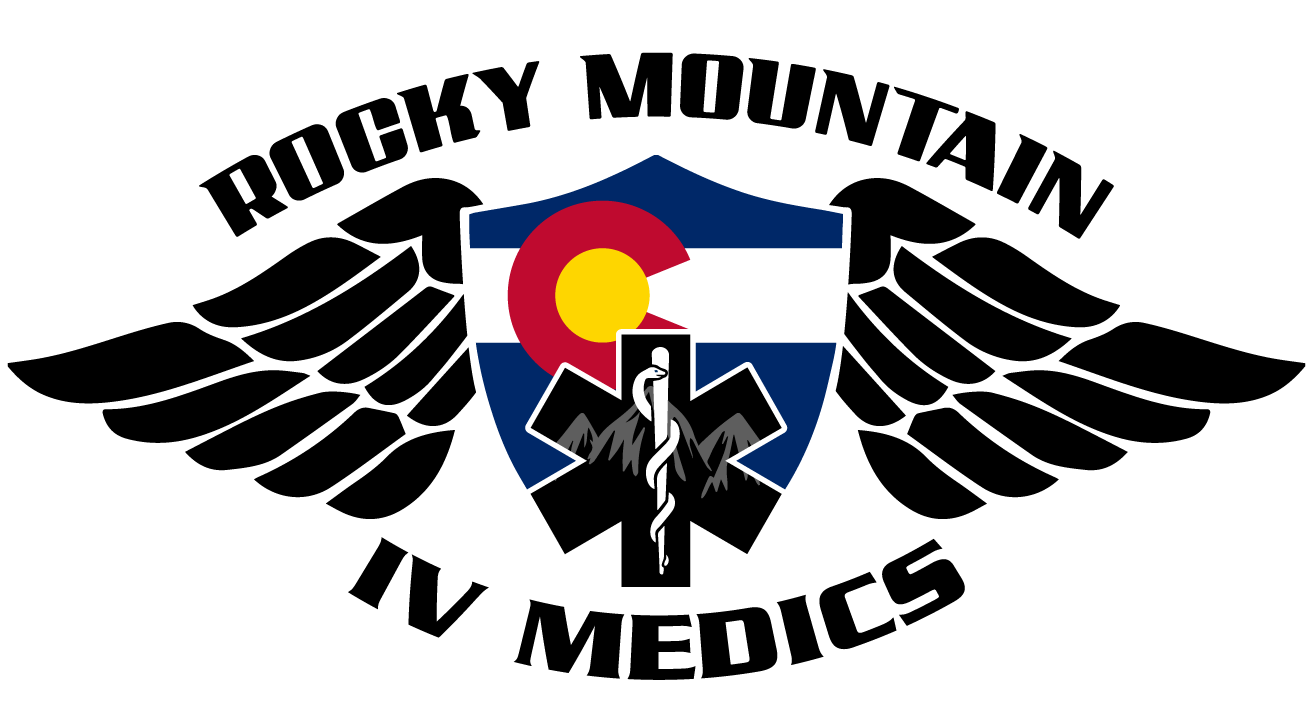How to Rehydrate After Diarrhea and Vomiting

IV Therapy for Jet Lag
November 7, 2022
Winter Glow with IV Therapy
March 14, 2023How to Rehydrate After Diarrhea and Vomiting

Table of Contents
- Rehydrating after Vomiting and Diarrhea
- Replenish Electrolytes after Vomiting and Diarrhea
- What are the Best Liquids for Rehydrating?
- How IV Therapy Makes a Difference with Vomiting and Diarrhea
Vomiting and diarrhea are bad enough during an illness. But they can also cause dehydration, which makes you feel even worse and triggers serious health complications if you don’t take steps to fix it.
So, you need to know how to rehydrate fast at home to curb dehydration and replace those lost fluids. There are several popular liquids for diarrhea and vomiting. However, the secret to optimal rehydration, especially for advanced dehydration, can be IV therapy. Prolonged vomiting and diarrhea can be so draining that you can’t make up for the fluid loss with just oral liquids. On top of that, it may be too difficult to drink enough water or other fluids if you can’t keep them down because of nausea.
Learn how to rehydrate after vomiting and diarrhea so your body can heal and get better faster.
Properly Rehydrating after Vomiting and Diarrhea
There are certain signs of dehydration you need to watch out for when you’re sick. You need to rehydrate if you have:
- Excessive, almost unquenchable thirst
- Dark-colored urine
- Infrequent urination
- Dry mouth
- Fatigue
- Lightheadedness
- Papery, dry skin
Severe dehydration complications include:
- Kidney dysfunction
- Urinary tract issues
- Shock
- Seizures
Proper rehydration can prevent these complications. That may mean not just consuming liquids but electrolytes as well.
Replenish Electrolytes after Vomiting and Diarrhea
Your body needs electrolytes to function. They’re necessary for nerve and muscle function, pH balance, hydration, and much more. Electrolytes are basically minerals. Primary among them are sodium, potassium, and calcium.
You need to know how to replenish electrolytes when you are sick because you lose these vital minerals from vomiting, diarrhea, or sweating due to a fever. Electrolyte loss can cause symptoms similar to an illness like the flu. These include:
- Nausea
- Head and body aches
- Fatigue or loss of energy
Some liquid solutions, such as sports drinks, contain added electrolytes, but they may have other additives, too. IV therapy typically uses a sterile solution with sodium, such as normal saline, to help replace lost electrolytes. The saline solution can also contain other minerals, as well as vitamins, to help offer the body nutritional support that’s valuable when you’re dealing with an illness.
IV therapy is a fantastic way to replenish electrolytes because the fluids go into the bloodstream to start working as soon as possible, rather than passing through the digestive tract first as oral solutions must do.

What are the Best Liquids for Rehydrating?
So you know that to rehydrate fast at home means you need to increase your fluid intake. There are many types of liquids people typically turn to for rehydration. But how do they work?
- Water: Plain water is simple, but it’s perhaps one of the best drinks for diarrhea, vomiting, and other symptoms when you are sick. Drinking water is an easy way to alleviate dehydration, but a stomach bug can make it difficult to drink enough water without vomiting or having diarrhea.
- Coconut water: Some people drink coconut water for diarrhea and vomiting because it helps replace lost calories and provides some nourishment with electrolytes, depending on the manufacturer. However, it doesn’t rehydrate any faster than regular water.
- Gatorade: Like coconut water, Gatorade is a good source of electrolytes for rehydration. But is Gatorade good for diarrhea? Not necessarily. The sugary carbs in the sports drink can actually exacerbate diarrhea, making it harder to prevent dehydration.
- Ginger ale: Ginger ale is often consumed in an attempt to settle a queasy stomach. However, it is a soft drink that contains a lot of sugar, so, like Gatorade, it can worsen diarrhea. Unlike Gatorade, ginger ale doesn’t have electrolytes, so it’s advisable to avoid the drink if you need to rehydrate.
- IV fluids: As mentioned, IV fluids are rich in electrolytes for more complete rehydration. And because they are infused instead of consumed orally, IV fluids won’t upset a nauseous stomach.
How IV Therapy Makes a Difference with Vomiting and Diarrhea
It’s easier than ever to use IV therapy as a wellness tool, especially when you are dealing with an illness. Here’s why you should try it when you need to rehydrate after suffering from vomiting and diarrhea:
- It’s powerful: IV infusions offer maximum absorption of the fluids in the IV bag, so you can feel the effects faster and more profoundly than with an oral solution.
- It’s customizable: You can add an assortment of vitamins and minerals to your IV fluids, depending on your health objectives. For instance, if an illness has drained you of energy, you may want to include B vitamins in your drip IV to minimize fatigue. IV therapy is also an effective way to take medications if you’ve been plagued by vomiting. You may choose to add an anti-nausea medication or something to ease troublesome aches and pains.
- It’s convenient: You don’t have to worry about getting out of bed to get an IV at an urgent care center or hospital emergency room. Mobile IV service brings treatment to your home, administered by experienced medical professionals who monitor the infusion and ensure you have the right drip bag for your needs.
How to Rehydrate Fast at Home? Call Rocky Mountain IV Medics
We’re the leaders in mobile IV therapy throughout Colorado. Our high-quality dehydration drip bags and additional IV treatments target many different health issues to support optimal wellness.
Medical professionals supervise and perform all of our IV infusions. These team members are skilled at IV therapy and offer compassionate patient care. They’ll answer your questions about IV treatments and ensure you have the best possible therapy experience.
And when you’re sick, you don’t have to wait long for treatment with us. Our team members are on call every day, and we aim to be at your location within an hour, depending on nurse availability. There are many areas we serve throughout the state, so you can find IV therapy near you. Call or text us at (720) 987-2155 or schedule an infusion online.


